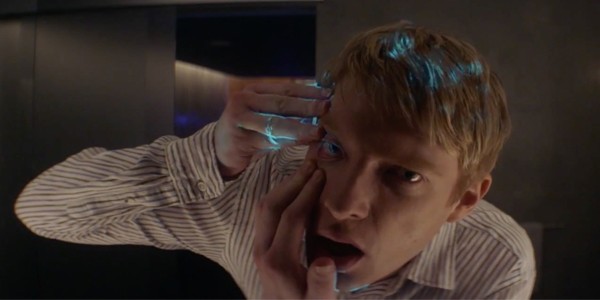What Does The Ending Of Ex Machina Really Mean?
Asimov can't help you now.

2015 could very well be the year of Artificial Intelligence. Avengers: Age Of Ultron sees Earth's mightiest heroes take on the sub-titular machine, while Star Wars: The Force Awakens will not only welcome back R2-D2 and C-3PO, but also introduce rollerball droid BB-8.
But as great as those guys will undoubtably be, it's unlikely they'll best Ava, Ex Machina's robot femme fatale. Brought to life by Alicia Vikander (who, along with Testament Of Youth and The Man From U.N.C.L.E. is set to have quite a year) and an incredibly human script by writer-director Alex Garland, she's a complex and engaging character whom the question of genuine intelligence in place of intricate programming looms over throughout.
Although Ava is certainly the star of the show, Ex Machina has more than just Vikander going for it. Domhnall Gleeson and Oscar Isaac get some cracking psychological confrontation (in something of an appetiser for The Force Awakens) and Garland makes the jump from competent sci-fi writer to stylish director with aplomb.
All this comes together to deliver one of the best sci-fi movies in recent years, a film that's not short on big questions ripe for discussion post-viewing. The ending ties plot points and themes together into an almost lyrical final fifteen minutes, but what is actually going on and what does it really mean? It's time to find out...
MAJOR SPOILERS present from hereon in. If you've not seen the film yet (a US release date is pegged for April) bookmark this dissection and come back - you're really going to want to discuss the film afterwards.